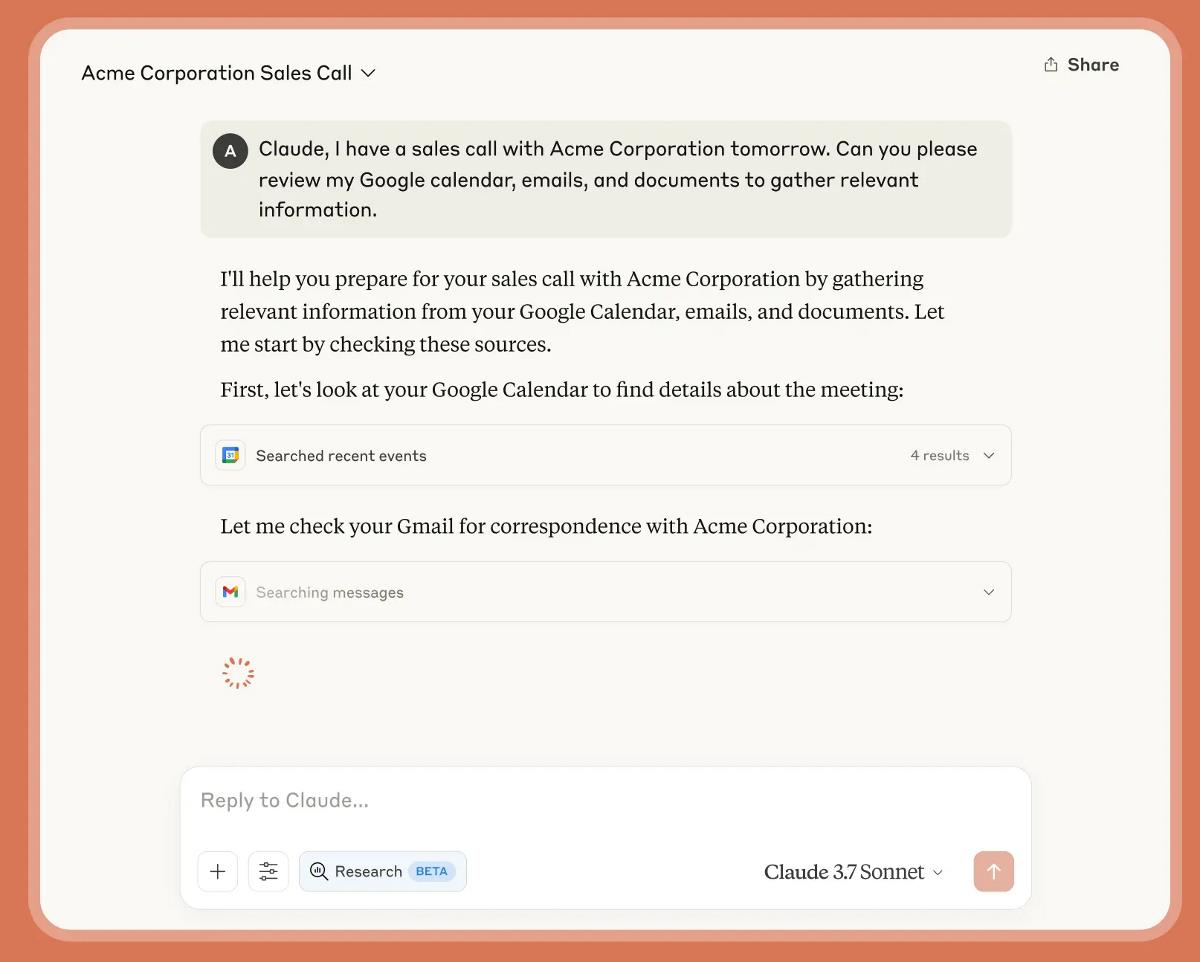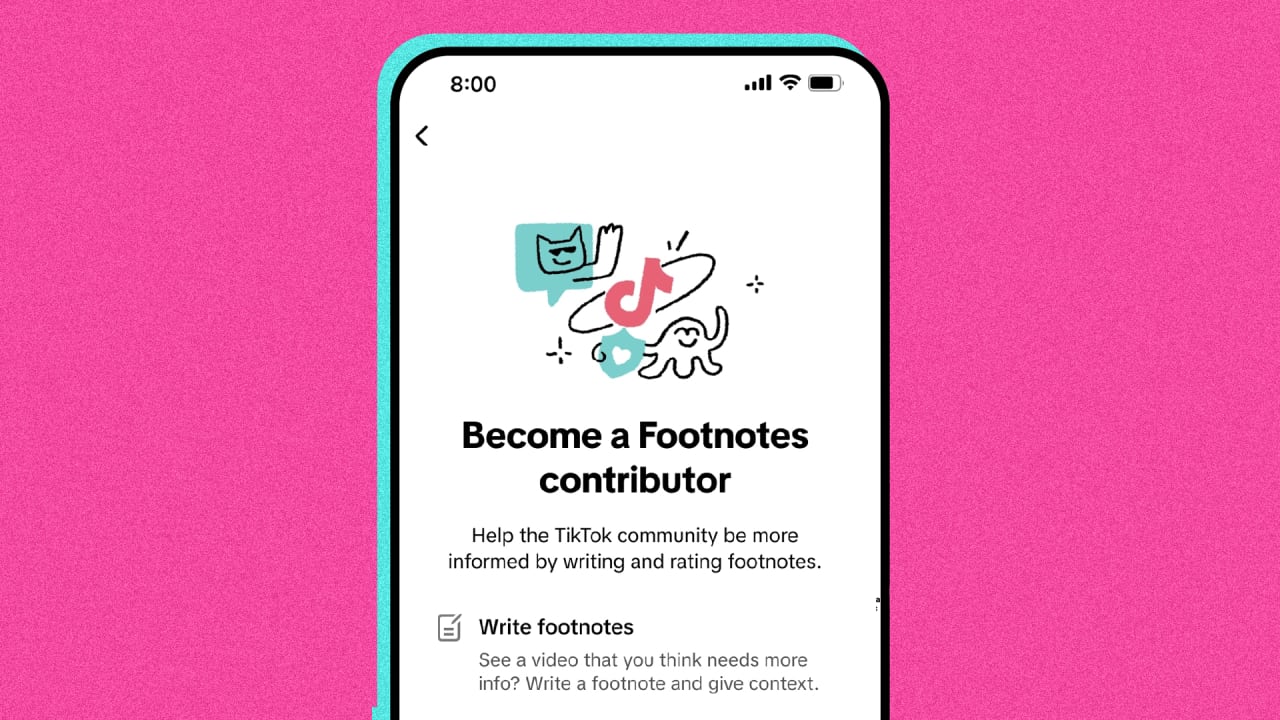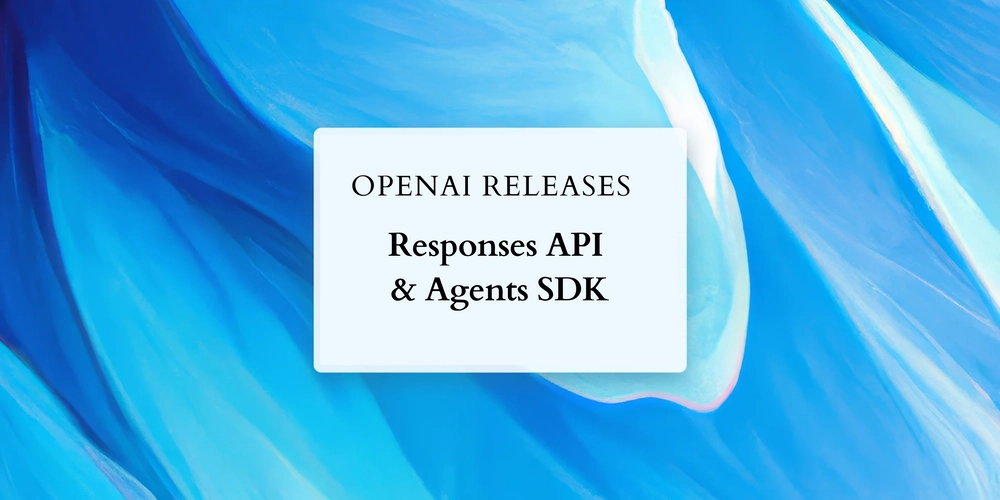Navigating Downtime: How Freelancers Can Mitigate Web Hosting Challenges
Navigating Downtime: How Freelancers Can Mitigate Web Hosting Challenges In a digital landscape where speed and reliability are paramount, downtime can be a freelancer's worst nightmare. Whether you're a web developer showcasing your portfolio or an ecommerce business owner relying on your site for sales, any interruption can lead to lost revenue, diminished credibility, and frustrated clients. However, with the right strategies in place, you can mitigate the risks associated with web hosting challenges and ensure your online presence remains robust. Understanding the Impact of Downtime Downtime is not just a technical issue; it's a critical business concern. Studies show that even a minute of downtime can cost businesses hundreds to thousands of dollars. For freelancers, this not only affects your income but also your reputation. Understanding the potential consequences is the first step in taking proactive measures. Here are some key impacts: Financial Losses: Every hour your website is down can translate to lost sales, especially for ecommerce sites. Client Trust: Frequent downtimes can damage your reliability in the eyes of clients, leading to lost contracts and referrals. SEO Penalties: Search engines may rank your site lower if it experiences consistent downtime, affecting your visibility. Choosing the Right Hosting Solution A robust hosting solution is your first line of defense against downtime. With a plethora of options available, it's crucial to select a plan that meets your needs. Here are some hosting options you should consider: Shared Hosting: Affordable but can lead to slow speeds and downtime if neighboring sites consume resources. VPS Hosting: Offers more control and resources, making it ideal for freelancers who expect moderate traffic. Explore high-performance VPS hosting options here. Dedicated Hosting: Provides maximum performance and reliability, perfect for high-traffic or resource-intensive sites. Understanding the differences will help you make an informed decision that aligns with your business goals. Proactive Strategies for Minimizing Downtime Once you've chosen the right hosting solution, implementing proactive strategies is essential. Here are several actionable tips to help you keep your site running smoothly: 1. Regular Backups Make it a habit to perform regular backups of your website. In the event of a crash, you can quickly restore your site to its previous state. Consider using automated backup solutions that can handle this process without manual intervention. 2. Monitor Performance Utilize monitoring tools to track your website's uptime and performance. Services like UptimeRobot or Pingdom can notify you in real-time if your site goes down, allowing you to address issues promptly. 3. Optimize Your Website Ensure your site is optimized for speed and performance. This includes compressing images, using a Content Delivery Network (CDN), and minimizing unnecessary plugins. A well-optimized website can handle traffic spikes more effectively, reducing the risk of downtime. 4. Keep Software Updated Outdated software can lead to vulnerabilities that may cause your site to go down. Regularly update your content management system, plugins, and themes to ensure they are secure and functioning properly. 5. Choose a Reliable Hosting Provider Not all hosting providers are created equal. Research and read reviews to find a reputable provider known for minimal downtime and excellent customer support. A dependable host can make a significant difference in your site's stability. Conclusion: Stay Ahead of the Curve Downtime can severely impact your freelance career or business, but with the right strategies and hosting solutions, you can mitigate these risks effectively. By understanding the implications of downtime, choosing the appropriate hosting service, and implementing proactive measures, you will enhance your site's reliability and performance. Remember, in the fast-paced world of freelancing and ecommerce, staying ahead of potential challenges is essential for long-term success. Take control of your web hosting today, and ensure your online presence remains strong and uninterrupted.
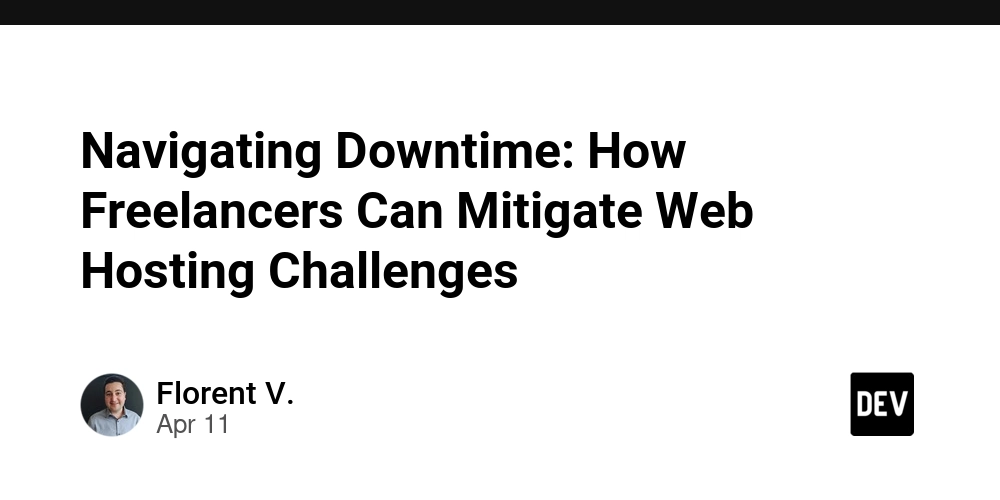
Navigating Downtime: How Freelancers Can Mitigate Web Hosting Challenges
In a digital landscape where speed and reliability are paramount, downtime can be a freelancer's worst nightmare. Whether you're a web developer showcasing your portfolio or an ecommerce business owner relying on your site for sales, any interruption can lead to lost revenue, diminished credibility, and frustrated clients. However, with the right strategies in place, you can mitigate the risks associated with web hosting challenges and ensure your online presence remains robust.
Understanding the Impact of Downtime
Downtime is not just a technical issue; it's a critical business concern. Studies show that even a minute of downtime can cost businesses hundreds to thousands of dollars. For freelancers, this not only affects your income but also your reputation. Understanding the potential consequences is the first step in taking proactive measures. Here are some key impacts:
- Financial Losses: Every hour your website is down can translate to lost sales, especially for ecommerce sites.
- Client Trust: Frequent downtimes can damage your reliability in the eyes of clients, leading to lost contracts and referrals.
- SEO Penalties: Search engines may rank your site lower if it experiences consistent downtime, affecting your visibility.
Choosing the Right Hosting Solution
A robust hosting solution is your first line of defense against downtime. With a plethora of options available, it's crucial to select a plan that meets your needs. Here are some hosting options you should consider:
- Shared Hosting: Affordable but can lead to slow speeds and downtime if neighboring sites consume resources.
- VPS Hosting: Offers more control and resources, making it ideal for freelancers who expect moderate traffic. Explore high-performance VPS hosting options here.
- Dedicated Hosting: Provides maximum performance and reliability, perfect for high-traffic or resource-intensive sites.
Understanding the differences will help you make an informed decision that aligns with your business goals.
Proactive Strategies for Minimizing Downtime
Once you've chosen the right hosting solution, implementing proactive strategies is essential. Here are several actionable tips to help you keep your site running smoothly:
1. Regular Backups
Make it a habit to perform regular backups of your website. In the event of a crash, you can quickly restore your site to its previous state. Consider using automated backup solutions that can handle this process without manual intervention.
2. Monitor Performance
Utilize monitoring tools to track your website's uptime and performance. Services like UptimeRobot or Pingdom can notify you in real-time if your site goes down, allowing you to address issues promptly.
3. Optimize Your Website
Ensure your site is optimized for speed and performance. This includes compressing images, using a Content Delivery Network (CDN), and minimizing unnecessary plugins. A well-optimized website can handle traffic spikes more effectively, reducing the risk of downtime.
4. Keep Software Updated
Outdated software can lead to vulnerabilities that may cause your site to go down. Regularly update your content management system, plugins, and themes to ensure they are secure and functioning properly.
5. Choose a Reliable Hosting Provider
Not all hosting providers are created equal. Research and read reviews to find a reputable provider known for minimal downtime and excellent customer support. A dependable host can make a significant difference in your site's stability.
Conclusion: Stay Ahead of the Curve
Downtime can severely impact your freelance career or business, but with the right strategies and hosting solutions, you can mitigate these risks effectively. By understanding the implications of downtime, choosing the appropriate hosting service, and implementing proactive measures, you will enhance your site's reliability and performance. Remember, in the fast-paced world of freelancing and ecommerce, staying ahead of potential challenges is essential for long-term success. Take control of your web hosting today, and ensure your online presence remains strong and uninterrupted.











































































































































































![[The AI Show Episode 144]: ChatGPT’s New Memory, Shopify CEO’s Leaked “AI First” Memo, Google Cloud Next Releases, o3 and o4-mini Coming Soon & Llama 4’s Rocky Launch](https://www.marketingaiinstitute.com/hubfs/ep%20144%20cover.png)




































































































































































































![GrandChase tier list of the best characters available [April 2025]](https://media.pocketgamer.com/artwork/na-33057-1637756796/grandchase-ios-android-3rd-anniversary.jpg?#)









































.png?width=1920&height=1920&fit=bounds&quality=70&format=jpg&auto=webp#)
























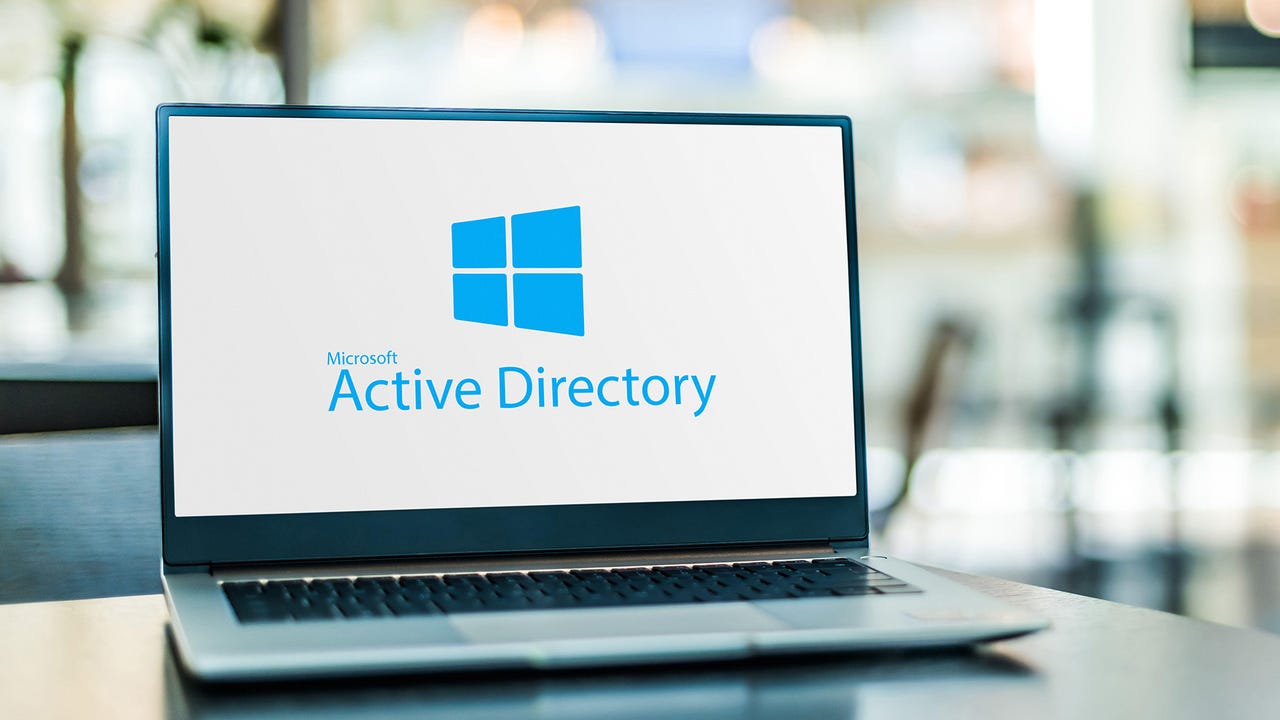
















































































![Global security vulnerability database gets 11 more months of funding [u]](https://photos5.appleinsider.com/gallery/63338-131616-62453-129471-61060-125967-51013-100774-49862-97722-Malware-Image-xl-xl-xl-(1)-xl-xl.jpg)





























![Apple Releases tvOS 18.4.1 for Apple TV [Download]](https://www.iclarified.com/images/news/97047/97047/97047-640.jpg)
![Apple Releases macOS Sequoia 15.4.1 [Download]](https://www.iclarified.com/images/news/97049/97049/97049-640.jpg)
![Apple Releases iOS 18.4.1 and iPadOS 18.4.1 [Download]](https://www.iclarified.com/images/news/97043/97043/97043-640.jpg)























